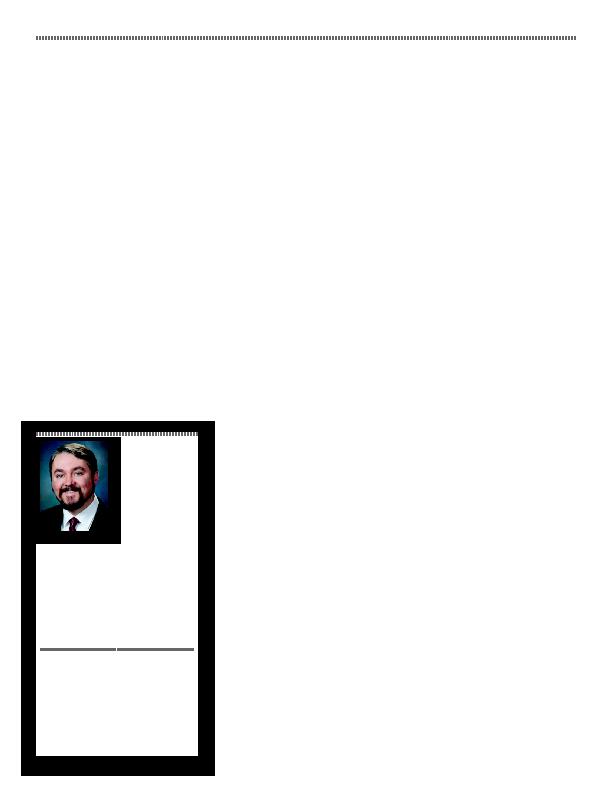
What You Need to Know
in media stories of illegal transactions
and ransomware payments. However, the
prevalence of Bitcoin and its underlying
blockchain technology presents growing
and difficult challenges for even general
practitioners.
is known generally as blockchain
technology. Bitcoin is a computer protocol
created in 2009 that can generally be
described as a shared, digital ledger
book. Units on the ledger are called
bitcoins. Bitcoins are "mined" by owners
of computer hardware that run the open-
source Bitcoin program.
of the program as follows: "Bitcoin was
designed to reduce transaction costs and
allows users to work together to validate
transactions by creating a public record of
the chain of custody of each bitcoin."
are peer-to-peer, require no third party,
are virtually instant and cannot be
rescinded. Transactions are recorded and
gathered in a "block" of transactions. The
succession of blocks tied together through
cryptography creates the "blockchain."
Because Bitcoin is open source, its
technology is available for anyone to use.
There are hundreds of variants of bitcoin
with a variety of different features and uses.
(Generally, the term "Bitcoin" with
a capital "B" is used to refer to the
software and computer protocol. The term
"bitcoin" with a lowercase "b" is used
to refer to units of measure on the ledger
book created by the Bitcoin software.)
Applications of Blockchain
Technology
to various fields. For example, a shared
digital ledger book can be used by a
number of banks as an alternative to
ACH (automated clearing house) wire
transfers that take time to prepare, send
and confirm. One example is the R3
project, where Bank of America, Merrill
Lynch and HSBC, as well as dozens of
other financial institutions, are jointly
developing distributed ledger technology
for asset trading and interbank transfers.
contracts." While claiming to be able
to replace lawyers, smart contracts are
agreements converted into software
protocol that can be self-enforcing. When
the money involved in an agreement
is itself programmable, parties to a
transaction can direct where the money
goes under agreed-upon circumstances,
without the intervention of a third party
such as an escrow agent. One such
program, known as BitHalo/BlackHalo,
uses a double-escrow feature and a timing
function. Ethereum is a program similar to
Bitcoin that promises advanced contracts
and programmable tokens.
Blockchain technology can be used to
record the time and content of documents
such as wills, deeds, contracts, insurance
policies or messages. Another application
includes logistics, whereupon an item
can be assigned a token on a blockchain
and participants in the production,
transportation and sale of the item
can track and contribute information
throughout the process.
Blockchain Technology
hack Bitcoin, it is possible to invade
a computer that holds bitcoins, steal a
private key and transfer bitcoins to a new
wallet. Bitcoin's value often fluctuates
wildly. Bitcoin and its variants are
often used by criminals, smugglers and
members of the "dark web" because of its
pseudonymous nature. Recent examples
include the use of bitcoin by the operator
of the Silk Road website. More recently,
ransomware such as WannaCry and Petya
Copple, Rockey, McKeever & Schlecht. He began
practicing law in 1997. His practice focuses on
civil litigation and commercial law and includes
advising clients on the developing digital currency
regulatory framework.
14680 West Dodge Road
Suite 3
Omaha, Nebraska 68154
greatadvocates.com